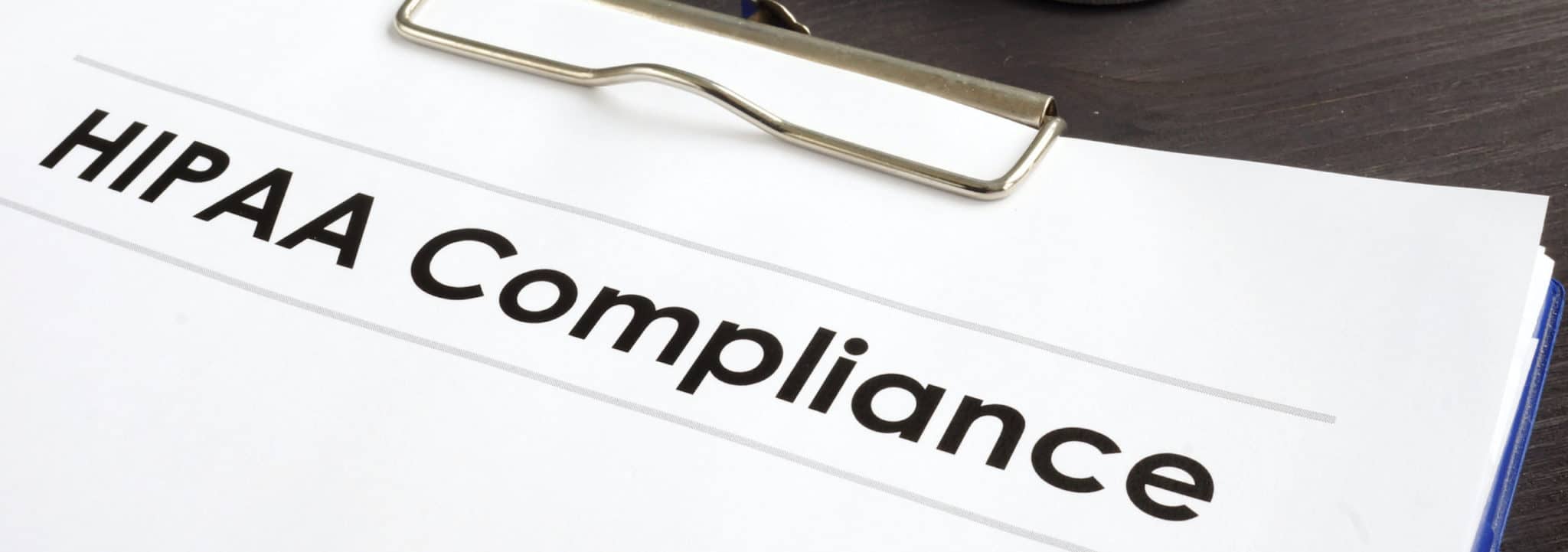Finding HIPAA Compliant IT Services (Tips & Insights)
Finding a HIPAA compliant company offering IT services in Rhode Island can be a challenge.
As a small or mid-sized medical organization, you need to choose a HIPAA compliant IT company that will secure protected health information (PHI) and comply with HIPAA requirements, while at the same time protecting people’s data, optimize operations, and reduce costs.
Discover what a HIPAA compliant IT service looks like and how to find one.

What Is HIPAA?
HIPAA stands for Health Insurance Portability and Accountability Act. It sets standards for protecting sensitive patient data. Medical organizations with PHI need to have security protocols for their system, equipment, and processes. They should follow these measures to ensure HIPAA compliance. Any partner, contractor, or sub-contractor that the medical organization works with and has access to the PHI needs to be HIPAA compliant.
Protected health information (PHI) refers to any data held by a covered entity concerning health care, health status, or payment for health services that one can link to an individual. It covers 18 fields of electronic PHI (e-PHI), such as Name, Social Security Number, and Diagnosis. HIPAA requires the organization to disclose this information to a person within 30 days upon request.
What Are HIPAA Privacy and Security Standards?
The Department of Health and Human Services (HHS) outlines that HIPAA Privacy Rules establish national standards for protecting PHI. The Security Rule defines national security standards for protecting PHI transferred or held in electronic form.
HIPAA Security Rules operationalize HIPAA Privacy Rules by addressing the safeguards that covered organizations need to secure e-PHI. HHS’s Office of Civil Rights (OCR) enforces the Privacy and Security Rules. Medical organizations that violate the rules directly or by association get penalties, such as fines.
Why Do Companies Offering IT Services Need to Comply to HIPAA Standards?
As medical organizations embrace technology, HIPAA compliance becomes critical to secure e-PHI. Cybercriminals may target the data, which makes the rules necessary to protect them. With the rules in place, an organization can adopt innovations while protecting the details of patients.
HIPAA Security Rule is flexible enough to allow the relevant institutions to implement procedures, technologies, and policies that suit their size, structure, and risks to e-PHI. The company providing your organization with IT services in Rhode Island needs to comply with HIPAA Regulations and Rules. This requirement protects your PHI and saves you from penalties for violating them.
Overview of HIPAA Rules and Regulations
HIPAA Regulations and Rules specifications and standards include:
1. Administrative Safeguards
Administrative safeguards are procedures and policies that show how the medical institution will comply with the act. They include:
- Covered institutions need written privacy procedures and policies. They should designate a privacy officer to develop and implement all required procedures and policies.
- The written privacy procedures and policies need to reference management supervision and institutional agreement to observe the set security controls.
- The procedures should restrict access to e-PHI to personnel that need them for their functions. It should list the allowed workers or classes of employees.
- The policies need to address access authorization, modification, establishment, and termination.
- The policies need to outline how ongoing training for the relevant staff handling the e-PHI will happen.
- The policies should ensure external partners, such as contractors and sub-contractors, are HIPAA compliant. A medical organization can achieve this compliance by including clauses in the contract requiring the external organization, such as an MSP, to comply with HIPAA Rules and Regulations.
- The policies should outline a contingency plan for emergencies, such as backups and change control procedures.
- The policies should specify the frequency, scope, and procedures of audits. Audits need to be both event-based and routine.
- The regulations need to specify the instructions for responding and addressing security breaches under HIPAA rules.
2. Physical Safeguards
Physical Safeguards are measures that control physical access to prohibit inappropriate access to e-PHI. They include:
- Physical Safeguards include protocols that govern the removal or introduction of software and hardware. Equipment removed from service need to undergo disposal procedures to safeguard e-PHI.
- Measures that control and monitor access to hardware or software with e-PHI. Only allowed personnel should access them.
- They also include protocols that control access powers, such as maintenance records, facility security plans, and visitor logbooks and escorts.
- They include measures that govern the use of workstations, such as their strategic locations away from unrestricted areas.
- Protocols for ensuring external partners know and comply with physical access rules and regulations.
3. Technical Safeguards
Technical Safeguards control access to computer networks and enable the relevant organizations to secure communications involving e-PHI done in open networks to ensure they reach the recipient. They include:
- Information systems with PHI need protection from intrusion, such as adequate encryption for open or closed networks.
- Data integrity is essential, including the double-keying, digital signature, use of a checksum, and message authentication to ensure data integrity.
- External entities that the covered entity communicates with also need some authentication, such as password systems, telephone callback, token systems, and three-way handshakes.
- Covered organizations need to document their HIPAA compliance and avail supporting documents to the relevant government agencies to determine compliance.
- IT documents should include written policies, procedures, access records, and all configuration settings for components of networks.
- Covered entities need documented risk management and analysis programs.
Why Choose TAG As Your HIPAA Compliant IT Services Provider
Technology Advisory Group (TAG) provides IT support and IT services to organizations in Rhode Island, such as managed IT services, cybersecurity solutions, cloud technologies, and IT consulting.
When you choose us as your IT services company we bring:
- IT support from an MSP that meets HIPAA requirements for a secure network, including workstations, wireless connections, and mobile computing
- 24/7/365 support
- Reliable cybersecurity to protect your IT infrastructure
- A team of experienced professionals
- Visible returns for your IT expenditure and we will help you understand how you are enjoying our services
- Customized support to help your organization benefit
- Advice on how you can better use IT support or innovations to help you achieve your objectives
Consult with us today and let us help you leverage HIPAA compliant IT services to achieve your goals.
Schedule Your Cloud Services Consultation
Ready to make a move to the cloud? TAG is ready to help with any or all cloud services from a private cloud, public cloud, or Microsoft 365 services.
